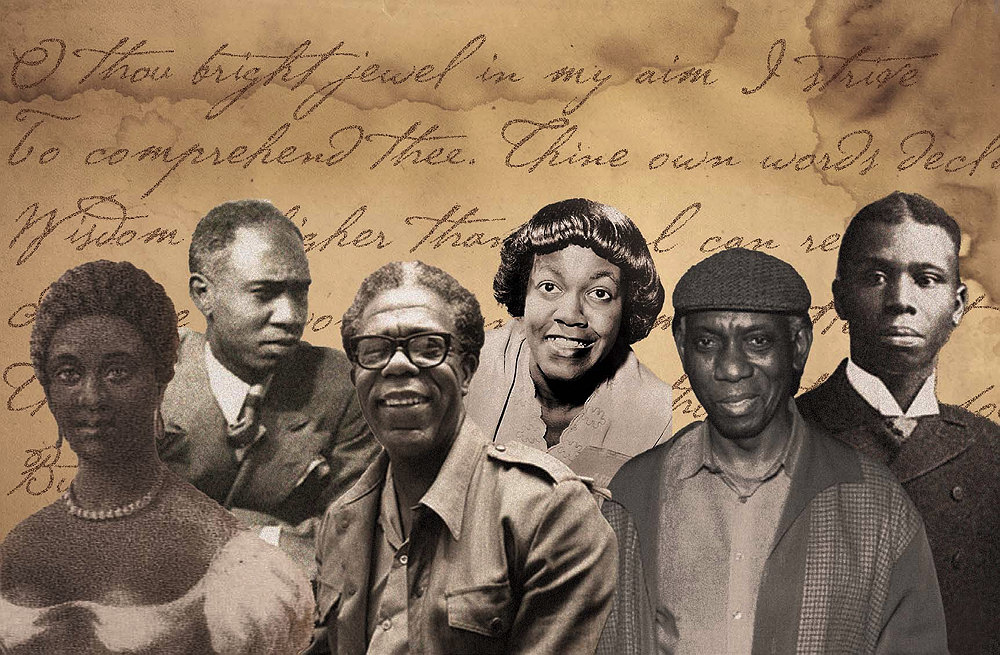(ThyBlackMan.com) Addiction exerts a long and powerful influence on the brain that manifests in three distinct ways: craving for the object of addiction, loss of control over its use, and continuing involvement with it despite adverse consequences. While overcoming addiction is possible, the process is often long, slow, and complicated.
Harvard Health Publishing
In the 1945 film “The Lost Weekend“, Don Birnam (played by Ray Milland) says “Let me have one, Nat. I’m dying. Just one”, to which Nat the bartender (played by Howard Da Silva) replies “One drink is too many, and a hundred is not enough”. This line has become an unwritten mantra in many alcohol and drug addiction programs. It’s a perfect representation of the cycle of addiction.
Loving an addict is hard. Watching someone you care about descended further and further into addiction is a soul crushing experience that often leaves one wondering: where did I go wrong?
When a loved one is suffering from diabetes we seek medical  treatment, but too often the families and friends of addicts believe they can pray or love the addiction away. This is a recipe for heartache. 99% of us don’t qualify to treat the physiological effects of alcohol and drug abuse, or the psychological trauma that often underpins the disease. The hardest thing for the loved ones of an addict to accept is their inability to make someone see the consequences of their actions.
treatment, but too often the families and friends of addicts believe they can pray or love the addiction away. This is a recipe for heartache. 99% of us don’t qualify to treat the physiological effects of alcohol and drug abuse, or the psychological trauma that often underpins the disease. The hardest thing for the loved ones of an addict to accept is their inability to make someone see the consequences of their actions.
Interventions are meant to be wake up calls, but this only works if the addict can see the problems caused by their behavior. No amount of love, nagging, or persuasive arguments can make someone see something they can’t or won’t see. This brings up a tough question: what do we do when an intervention fails?
- Set boundaries: you have a right to say no. Saying no to someone you love is hard under the best circumstances, but it’s even more difficult when you are dealing with someone who may be isolated because of their addiction. There’s a chance you are the only person willing to help them, but that doesn’t mean you have to. If someone is using your help to further their addiction you have become part of the problem. Saying no isn’t easy, but it’s often necessary.
- Seek help: talk to someone who has experience dealing with addiction. There are people who go to work every day waiting to help you through the issues that accompany drug addiction. Some of the resources you need are a phone call away. Find a support team that can help you help your loved one. This isn’t a time for pride. If you’re not qualified to remove a tumor from your loved one’s head, what makes you think you can remove the addiction? Get help! Trying to help an addict can adversely affect your health in ways that can go unnoticed.
- Move on: once you’ve done the best you can, you have to move on. This is hard. This is complicated. This is necessary. Often, the addict isn’t in a position to take care of themselves. Moving on is different for everyone. It could mean stop loaning them money or putting them out of your house. Once you’ve exhausted your patience trying to help someone, who isn’t ready to receive it, your resources will be the next thing to go.
Addiction can’t be fought until it is acknowledged. You can’t help a person fix a problem they don’t acknowledge. If the person you love hasn’t come to grips with the reality that they are a prisoner to their addiction your support can prolong their sentence. Rock bottom is different for each of us. What you might not tolerate could be rather comfortable to the person you love.
Staff Writer; Danny Cardwell
Official website; http://Thoughtwrestler.blogspot.com
One may also follow this talented brother on Facebook; ThoughtW and also Twitter; Thoughtwrestler.




















Leave a Reply